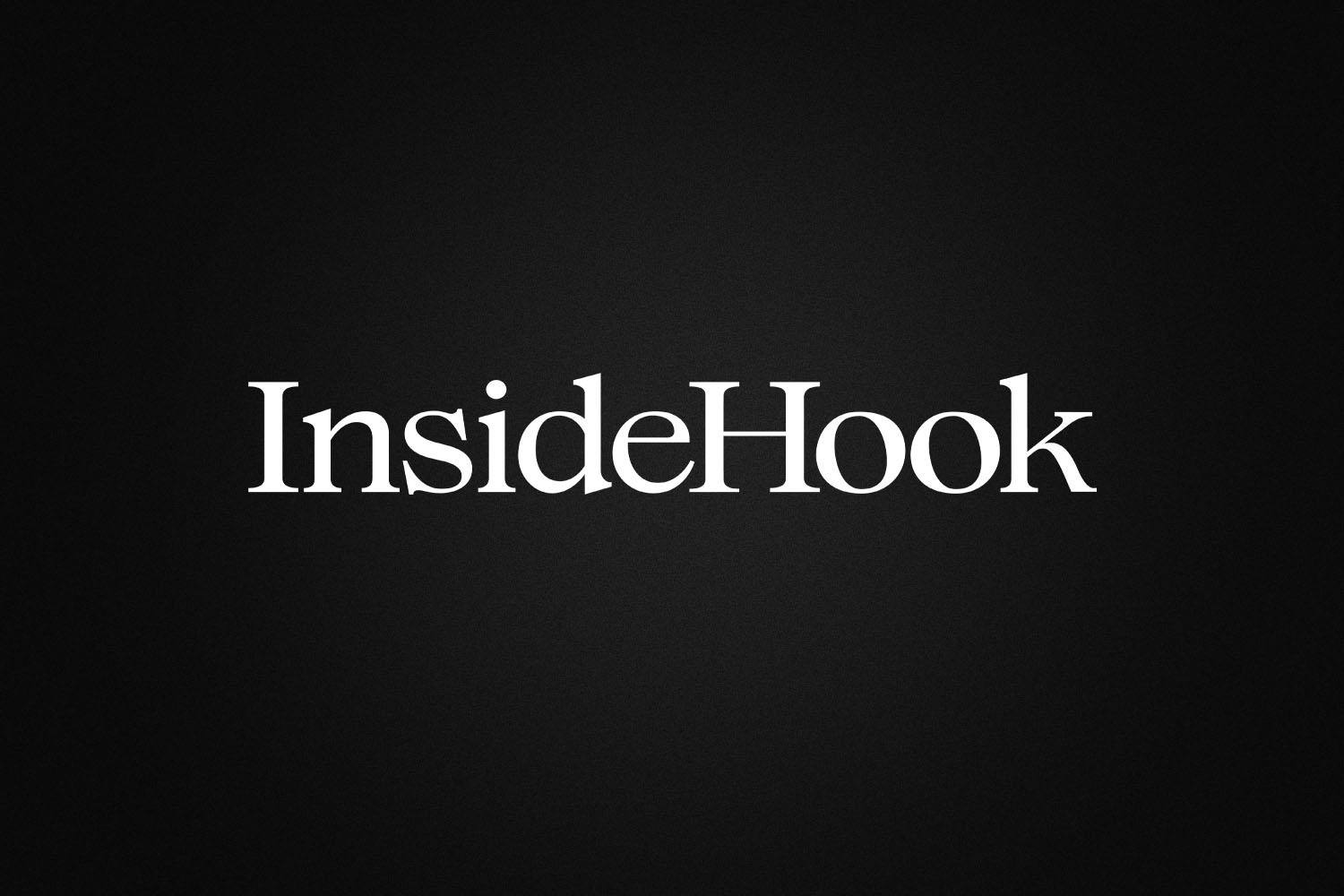Alexander Marlow has been the Editor in Chief of Breitbart News for about four years. He is a “craft beer enthusiast” from Los Angeles, CA and was the first employee hired by Andrew Breitbart, the founder of the conservative news organization. He’s referred to as a “shut in” or a “hermit” by people close to him, and doesn’t seem to have a lot of friends.
A new profile in The New York Times dives deep into Marlow and the Breitbart empire. Marlow grew up surrounded by liberals who “can’t figure out why he doesn’t get it” and is accustomed to defending his job and opinions constantly.
The Times says that what makes Breitbart distinct is the “convergence of scale and time.” The site seemed to materialize overnight and came to dominate the political conversation of such a pivotal election. Two years ago, the average voter had never heard of the site. But now, even though people probably couldn’t tell you the last three articles the organization posted on their site, the word “Breitbart” itself has become iconographic.
The Times profile also looks into a project done by Harvard law professor, Yochai Benkler and more than a dozen interdisciplinary colleagues throughout Harvard and MIT. The project came out of a friendly argument about how the internet works — “whether it serves mainly as a distribution network for the articles on major media, or if small blogs and websites can funnel their own stories back into the mainstream press.” So they built Media Cloud to see how information travels.
What is interesting about Breitbart is that “many of the site’s more objectionable articles were written by people from the demographic most likely to take offense.” The writer who covers Latin America for Breitbart is a fluent Spanish speaker. Their far-right libertarian outlook comes from the Cuban exile community. The writer of the article that called Bill Kristol a “renegade Jew” is Jewish himself. The profile also looks into changes the company is going through. Known for headlines about young Muslims being “time bombs” and articles about “black crime,” many articles are now “extraordinarily dry” writes The Times.
It is unclear how many readers will accept a new narrative, or how many of them want a tone-downed site. Since the election, members of the group Sleeping Giants have begun pressuring advertisers to withdraw from Breitbart. They claim 2,484 companies have pulled out.
And as for Warlow himself?
“I don’t have a lot of security,” he said. “I think I’m the best person to be editor of Breitbart, but what does that mean to the rest of the job market? I don’t have a lot of outs.”
Read the full Times profile to learn more about Breitbart’s past and future.
This article was featured in the InsideHook newsletter. Sign up now.
